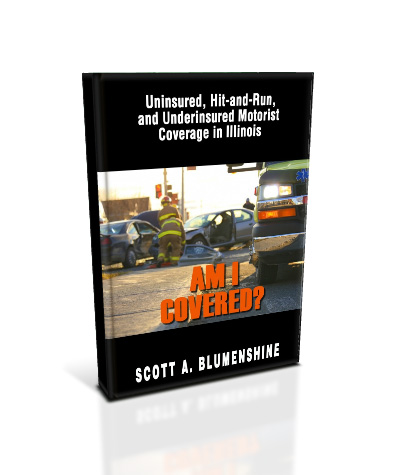Ambulance chasing lawyers and their “investigators” run rampant. An ambulance chaser lawyer (or their paid people) literally chases ambulances. They pay cops, paramedics, hospital staff, nurses, and others to provide contact information about injury victims. The ambulance chasers or their “investigators” then inappropriately contact injured people to persuade them to sign a representation agreement.
If you were illegally solicited by an attorney or a member of their crew, the question for you is: If your lawyer would break the law just to represent you, what else may he do with your case and your settlement funds?
Why does it matter how lawyers get clients? Attorney conduct matters because ambulance chasers violate the law, impair victim rights, and harass or hoodwink those suffering from the shock and pain of an auto collision. The injured person may also be under the influence of pain medication. They give the public another reason to look skeptically at the legal profession.
Ambulance chaser lawyers create a negative impression of attorneys because of their sneaky and improper conduct. The legal system is available to peaceably resolve disputes. The system must have rules to promote honesty and fairness. Lawyers are part of the system. If the system allows lawyers to cut corners and violate the law, then the system is viewed with skepticism by the people it serves – the public.
How did your attorney contact you? If your lawyer or crew member contacted you without your request, they violated the law. Ethics rules prohibit an attorney from soliciting an injury victim or their family members.
The Illinois Rules of Professional Conduct prohibit soliciting clients:
Direct Contact With Prospective Clients – No Solicitation
A lawyer shall not by in‑person, live telephone, or real-time electronic contact solicit professional employment from a prospective client when a significant motive for the lawyer’s doing so is the lawyer’s pecuniary gain. Further solicitation is improper if the prospective client has made known to the lawyer a desire not to be solicited by the lawyer; or if the solicitation involves coercion, duress, or harassment.
The exception to direct attorney contact with a prospective client is if family, friendship, or other relationships recommend the attorney to the prospective client.
Inappropriate Attorney Contact
How do I know this happens? I know ambulance chasing happens because I have heard about it for many years and because many of my clients tell me they are besieged by phone calls, texts, emails, and visits by lawyers or lawyer “investigators.”
I had one client who was seriously injured when struck by a speeding cab. Her foot was severely fractured, so she required a week-long hospitalization. My client would show me her cell phone log filled with calls from lawyer “investigators” harassing her to sign a legal contract with them. I called several of the numbers. None answered my calls. I left messages that they were harassing my client, they were violating the law, and they were directed to immediately stop all contact. They did.
I was recently requested to represent an elderly gentleman who suffered leg fractures when he was walking across the street, and an uninsured truck driver struck him. I am friends with the man’s son. The son told me a week after the incident that lawyers and their representatives bombarded him with phone calls begging him to be their lawyer.
You may like your lawyer and believe he is okay even though he violated the ethical rules to contact you and get your business. The question you may want to ask yourself is: If your attorney is willing to violate the ethical rules and place his own law license in jeopardy, what is he capable of doing to you and your case?
http://www.illinoiscourts.gov/SupremeCourt/Rules/Art_VIII/ArtVIII_NEW.htm#7.3


